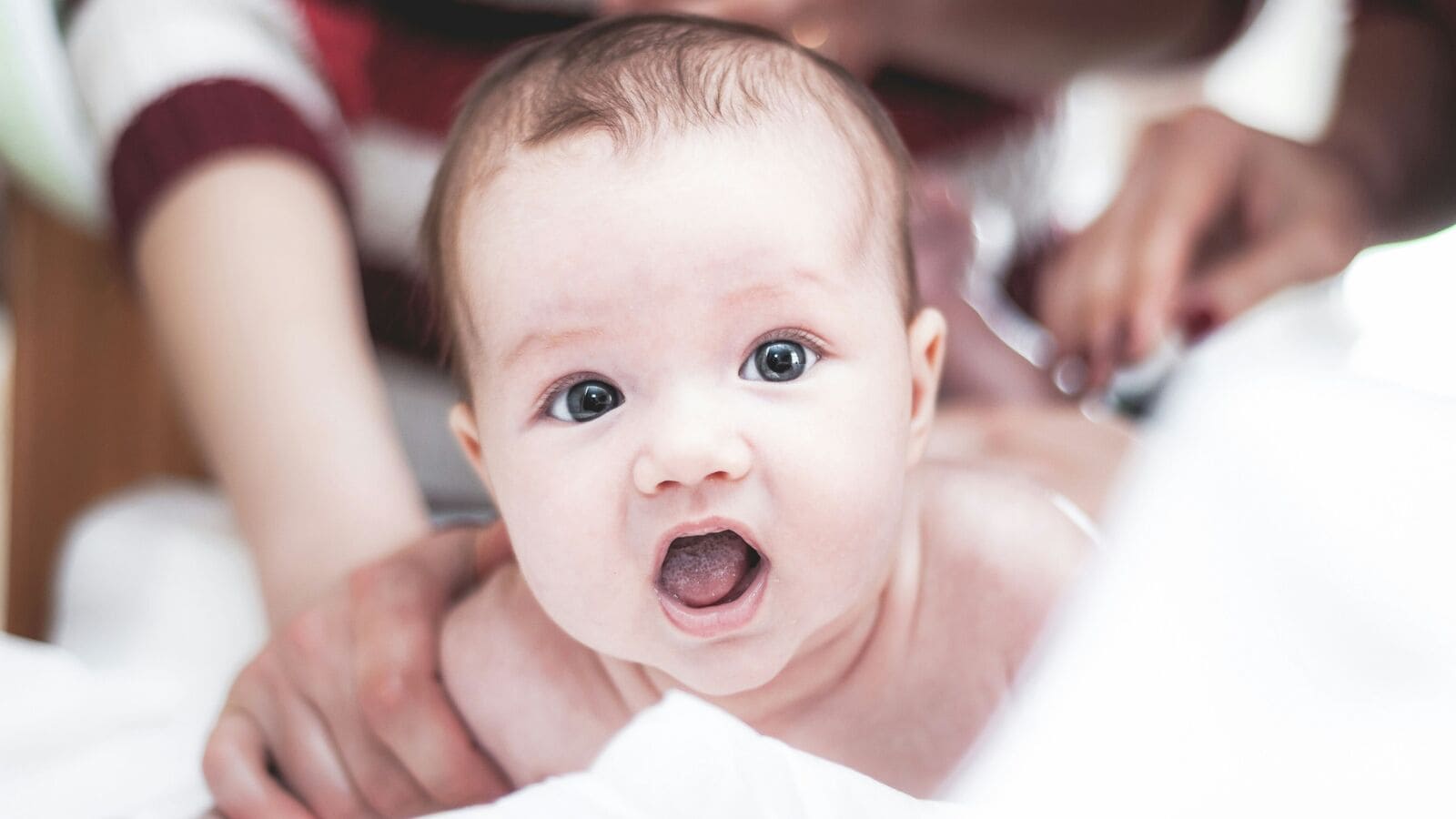India's Time-Honored Newborn Care Traditions Need Review from Modern Medicine

New Delhi, India - As a hub of diverse cultures and traditions, newborn care in India is deeply influenced by a rich blend of customs, practices, and modern medical science. While these age-old routines have significant cultural importance and are cherished by many families, the Indian medical community is re-examining their efficacy with modern evidence-based medicine.
According to Dr. Imran Patel, Director of Asian Children Hospital in Ahmedabad, traditional practices such as applying kajal to a newborn's eyes or forehead, massaging the baby with oil, and following japa or confinement for 40 days post-birth have been handed down generations. However, these customs require review from modern medicine.
Kajal, traditionally used to ward off evil spirits, is now believed to contain toxic ingredients such as lead. Massaging newborns with oil can also cause irritation if certain oils are not chosen wisely. Furthermore, confinement practices, although intended to safeguard the baby from infections, cannot supplant modern hygiene standards.
The Indian medical community acknowledges that bridging the gap between cultural traditions and scientific recommendations is essential for improving newborn care. Dr. Patel suggests providing safer alternatives for customs, such as using a black dot on the baby's clothes instead of kajal, while continuing oil massages with pediatric-approved oils. Confinement practices can also be revised to focus on mother-baby bonding and vaccination education.
"It's our responsibility to provide medically sound care that respects cultural significance," Dr. Patel emphasizes.
As families navigate the complexities of modernized healthcare in India, educating parents about safe newborn care methods is vital. By embracing a new standard that harmonizes traditional practices with scientific evidence, we can secure healthier outcomes for Indian mothers and babies alike.
